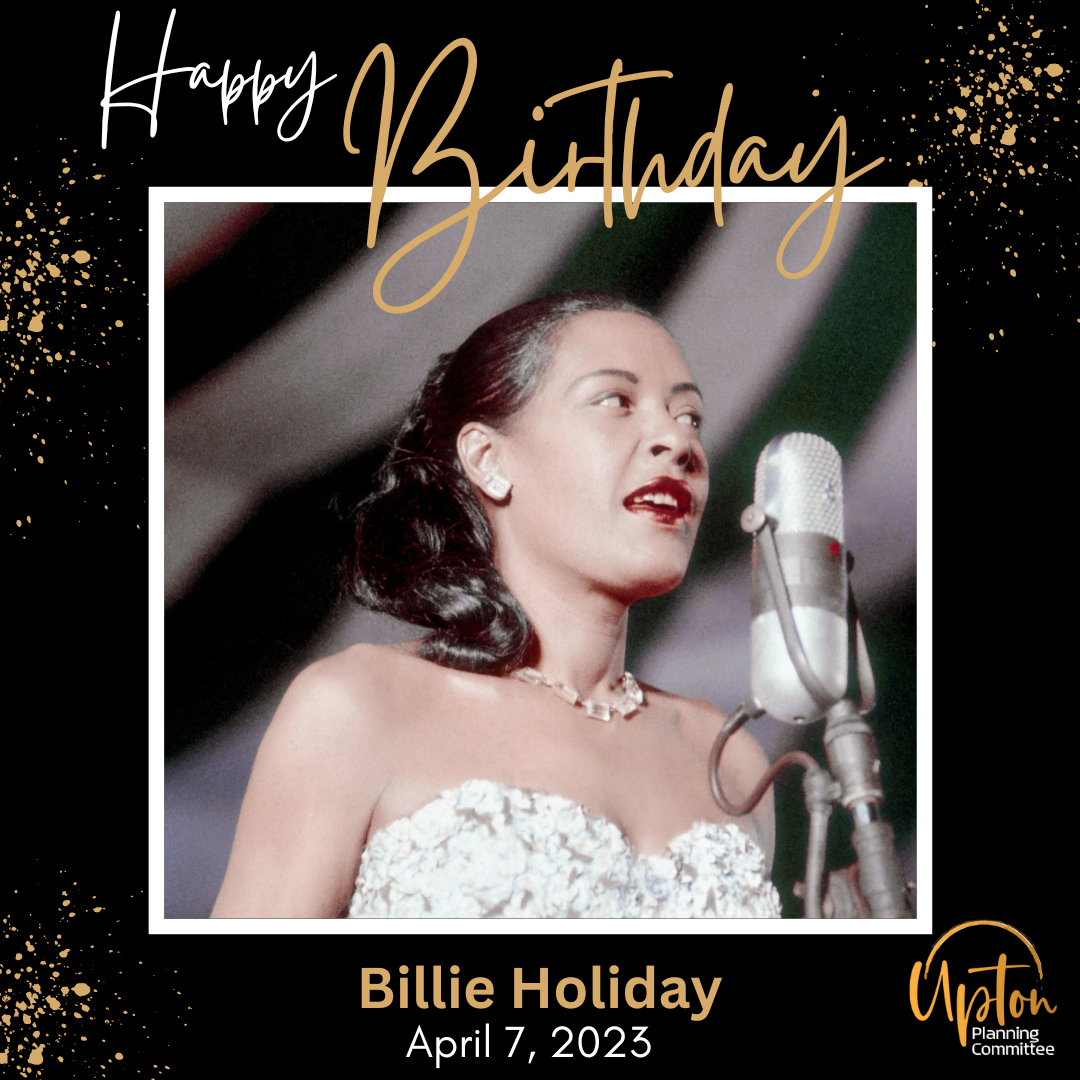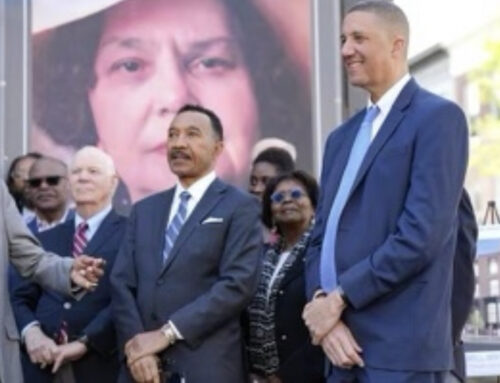Born in 1915 Baltimore, Holiday grew up during the prominence of Jazz legends Louis Armstrong, Bessie Smith, and the growth of Swing Jazz. With a haunting voice at once filled with Jazz cool and melancholy, Billie Holiday was beautiful in her music, and exemplified the harsh state of racial inequality, and misogyny. Still a teenager, Holiday moved to Harlem with her mother in the 1920’s. She began working in night clubs, inevitably hearing jazz, but only gaining singing experience by accompanying bands, and house pianists when possible. When only 18 years-old, Holiday was discovered performing in a Harlem jazz club by producer, John Hammond. Hammond introduced Holiday to Benny Goodman’s band, who she recorded vocals with including the early Goodman hit, “Riffin’ the Scotch”. Billie Holiday’s opportunities quickly arrived. Holiday met saxophonist Lester Young, who gave her the “Lady Day” nickname, and in 1937 joined Count Bassie’s Orchestra. In 1938 she worked with Artie Shaw’s orchestra, marking Holiday as the first African-American vocalist to perform with a white band. Holiday’s race came to the fore of her music with the recording, “Strange Fruit”. “Strange Fruit” was an explicit reaction to the ongoing lynchings in America, and was banned by some radio stations. The song’s subject matter was deemed problematic, and it would not be recorded through Colombia, and instead was released on the Commodore label. However, the recording did not damage Holiday’s career. She went on to perform with popularity, recorded hit ballads such as “God Bless The Child”, “My Man”, and performed with Coleman Hawkins, Ben Webster, and Louis Armstrong. Never fully escaping her past in troublesome relationships, and drug abuse, Holiday died at the age of 44.
Baltimore Royalty





